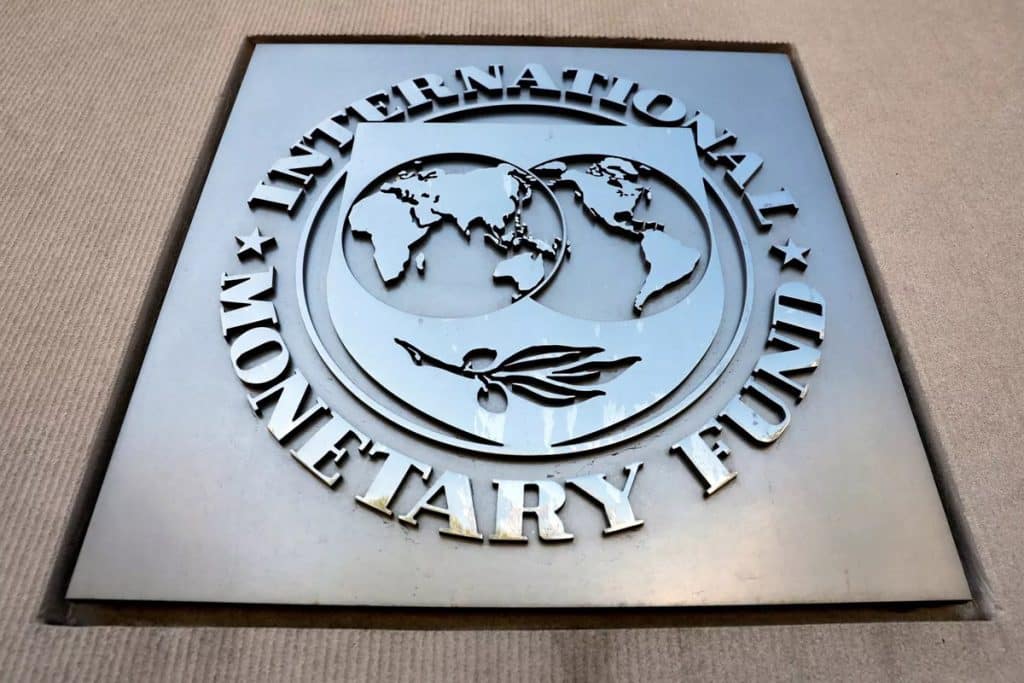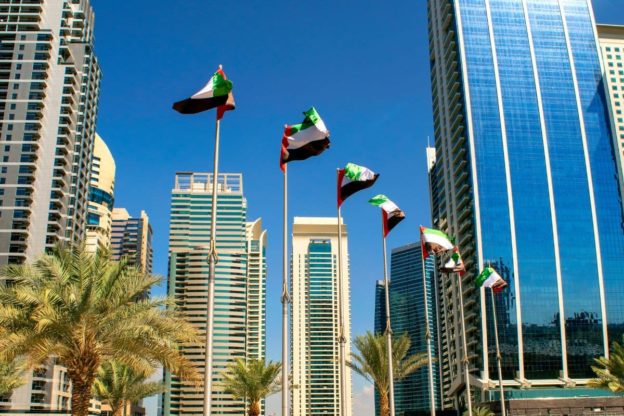The projections come as the global economy faces inflationary turbulence
The UAE will be the fastest growing economy in the Arabian Gulf in 2023, according to the latest projections from the International Monetary Fund (IMF).
In 2023, the UAE economy will grow 4.2 percent, outpacing Saudi Arabia (3.7 percent), Bahrain (3 percent), Oman (4.1 percent), Kuwait (2.6 percent), and Qatar (2.4 percent), to become the fastest growing economy in the Arabian Gulf.
For 2022, the IMF predicts Kuwait to have the Gulf’s fastest growing economy, at 8.7 percent, just edging out Saudi Arabia’s 7.6 percent. The UAE economy will hit 5.1 percent growth.
For Saudi Arabia, the IMF says its projections were based primarily on its understanding of government policies outlined in the 2022 budget, with export revenues based on WEO projections.
“The global economy is experiencing a number of turbulent challenges. Inflation higher than seen in several decades, tightening financial conditions in most regions, Russia’s invasion of Ukraine, and the lingering Covid-19 pandemic all weigh heavily on the outlook,” the IMF wrote in its World Economic Outlook Report October 2022.
“The global economy’s future health rests critically on the successful calibration of monetary policy, the course of the war in Ukraine, and the possibility of further pandemic-related supply-side disruptions, for example, in China.”
Globally, the IMF is predicting a slowdown in economic growth, with the world economy growing 3.2 percent in 2022, down from 6 percent in 2021, and then slowing further to 2.7 percent in 2023.
“This is the weakest growth profile since 2001 except for the global financial crisis and the acute phase of the Covid-19 pandemic and reflects significant slowdowns for the largest economies,” the IMF explained.

Overall, the IMF said that risks to its economic outlook “remain unusually large and to the downside.” In particular, the organisation warned that monetary policy could miscalculate the right stance to reduce inflation, while more energy and food price shocks could further deepen inflation and cause it to last longer.
The fund called for monetary policy to remain on course to restore price stability as the route towards returning to global growth.
“Front-loaded and aggressive monetary tightening is critical to avoid inflation de-anchoring as a result of households and businesses basing their wage and price expectations on their recent inflation experience,” the IMF said.
In addition, the fund also made an appeal to multilateral cooperation, warning that otherwise the global economy was at risk of fragmentation that could “reverse gains in economic wellbeing from 30 years of economic integration.”
https://www.arabianbusiness.com/politics-economics/uae-to-outpace-saudi-arabia-as-fastest-growing-economy-in-gulf-in-2023-imf





